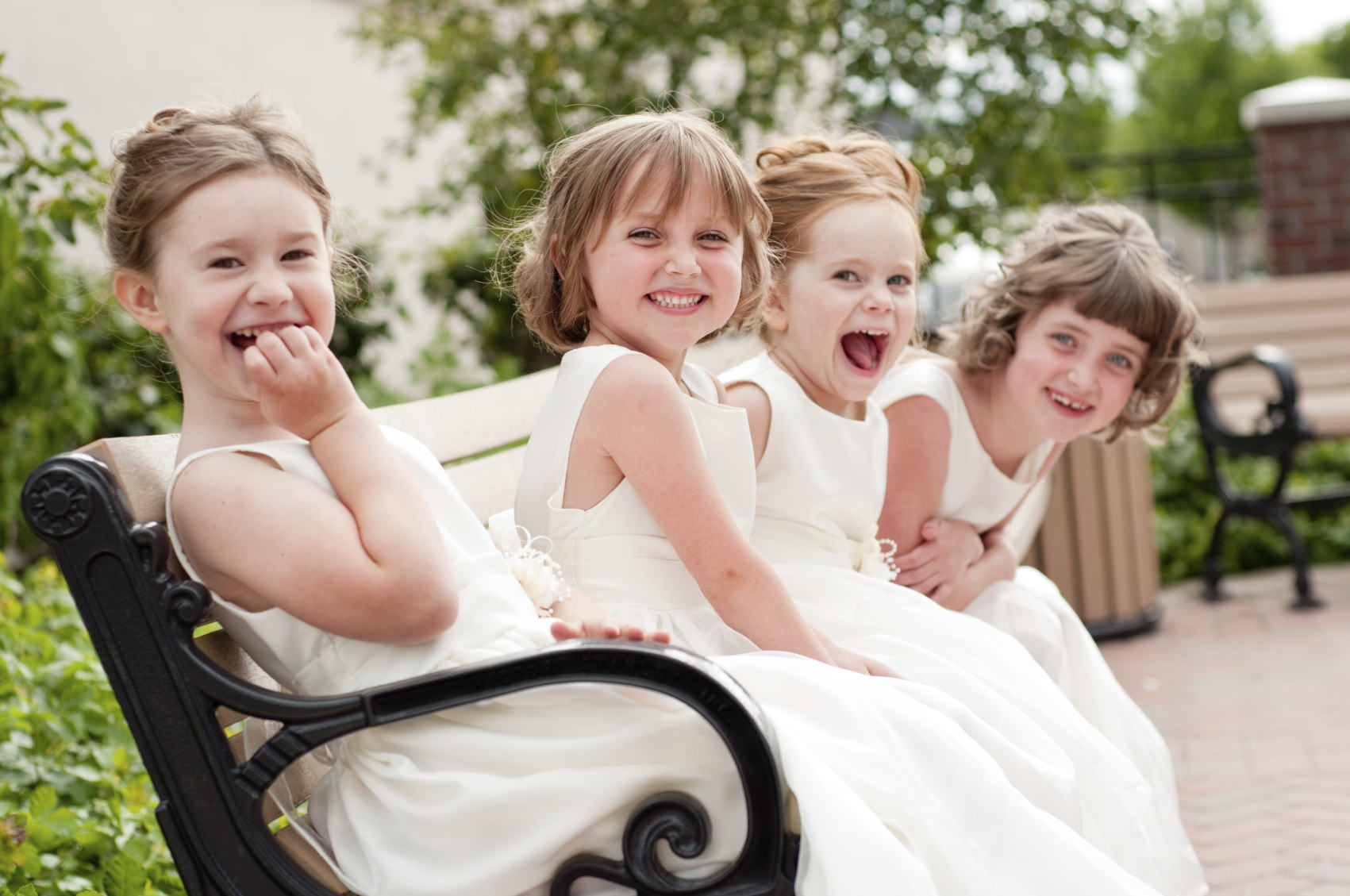A wedding can be as stressful for the photographer as it is for the bride and groom. You get one shot at getting things right, you have to deal with pretty much everyone at the event and your reputation depends on doing it well, while remaining calm, cool and polite. That's a lot of pressure, especially if you're fairly new to the process. Experienced wedding photographers, however, will tell you that there are a few simple things to remember that will help you get through the preparations, the big day and the aftermath more smoothly.

Here are a dozen important things to remember:
Communicate with the bride at all stages.
The wedding is about two people, but when it comes to the plans, it's mostly HER day. If you plan to get the images the bride wants, the way she wants them, your job will be much easier.
Spell out exactly what's included in the package.

Don't leave any margin for error in your contract with the couple. List what's included, go over that list carefully and if there's anything else needed, price it and agree on it before the signing. Renegotiating in the middle of the project isn't ever a good idea. Don't take requests from family or friends; know what your clients want, make sure they know what to expect, and then deliver what's expected.
Carry a second body and lens.
Not only is it much faster to switch cameras that changing out lenses, you'll have a backup in case something fails. This is not a job you can go back and finish later. If necessary, rent another body fr the day and put your second lens on it. Keep both at the ready at all times.
Hire or barter a second shooter.

Weddings have become more and more complex over the years and if you want to be sure you have everything covered, a trusted second shooter is a very valuable asset for wedding photo shoots. If there's not enough in your budget to hire one outright, see if you can strike up a partnership with another photographer to trade out as seconds for each other.
For church ceremonies, talk with the pastor.
Discuss photography etiquette with the pastor of any church you'll be shooting in. Don't be one of those photographers that they have to make allowances for. If flash photography is frowned on, raise your ISO and take the flash off. Remember that certain areas may be closed to the public or by invitation only, too.
Have a timeline for everything.
Know ahead of time the order things will happen and approximate times for everything, from the pre-ceremony shots to the cake cutting, toasting and party at the reception. You and your second shooter will need to know where you need to be and when. If things are delayed, which is usually the case, you'll still be prepared.
Get a good series of just the bride.

The bridal shots are important enough to warrant a shoot of their own on a separate day before the wedding. Map out a good location or locations, bring a sheet to protect the dress, someone to help the bride with her makeup and poses and spend as much time as it takes to make those shots exceptional.
Have a definite presence.
You are the most important photographer in the room. Be sure you're close to the bride and groom during those important moments. Don't hesitate to politely ask Aunt Sally to give you a little bit of room to work. Be sure that your bride and groom introduce you to the family as the photographer and explain that you have the right of way. Don't be rude, but stand your ground. Remember, you've promised to get the shots and you need to fulfill that contract.
Have something fun for people to do at the reception.
Nothing will make for dull reception photos like a bunch of people with nothing to do. This is where a photo booth, or better yet, a Gifyyy can be your best asset. Get the guests involved in creating some hilarious animations that they can send to their smart phones and share right from the reception hall. There are some other real advantages for you, too. Check out Gifyyy here.
Work with the kids.

The children are a very important part of the ceremony and the celebration. Give them their fair share of your attention and learn to talk to them, no matter how intimidated you are. If you can get the kids to relax, the adults will notice.
Bring something to climb on.
One of the last things you may think about including in your gear is a ladder. You'd be surprised, however, at how many shots will change drastically for the better from a slightly higher vantage point. a folding step stool or ladder will come in handy.
Know Your Gear Intimately.

This should go without saying, but struggling with settings or setting up your gear isn't just going to look bad, it's going to slow down processes that need to flow smoothly. Don't even consider shooting a wedding unless you have a close personal relationship with every piece of gear you'll be using.
So, are these the only things you need to know in order to get through a wedding assignment smoothly? Not even close. They do seem to be the ones that newcomers struggle with often, however. Master these twelve things and your chances of surviving the shoot with your reputation intact will be much higher. Good shooting!
This post about "Wedding Photo Shoot" was first published on our website here https://www.photographytalk.com/photography-articles/6473-12-tips-for-a-smoother-wedding-photo-shoot
This post about "Wedding Photo Shoot" was first published on our website here https://www.photographytalk.com/photography-articles/6473-12-tips-for-a-smoother-wedding-photo-shoot